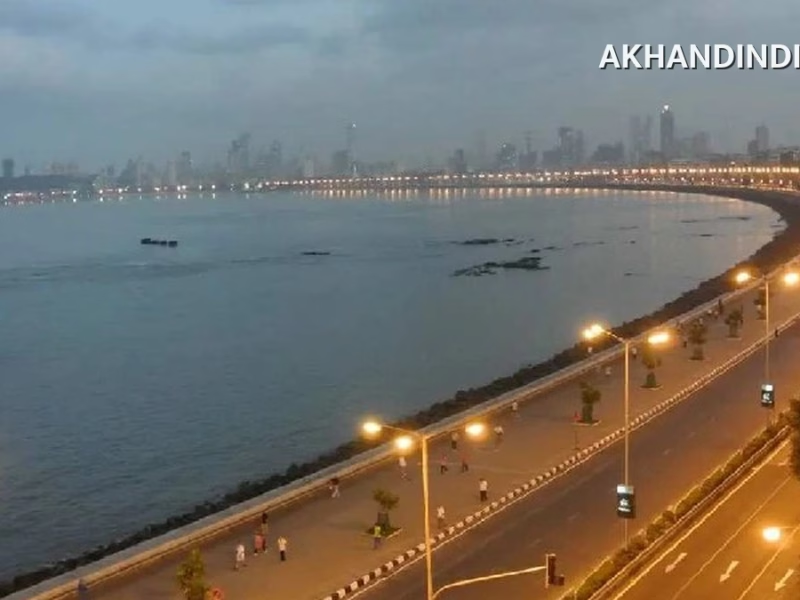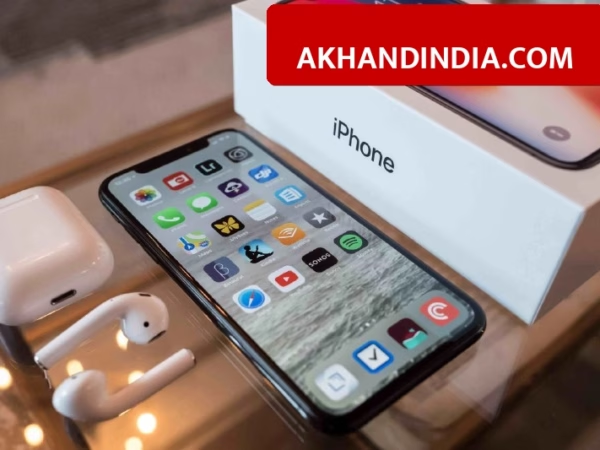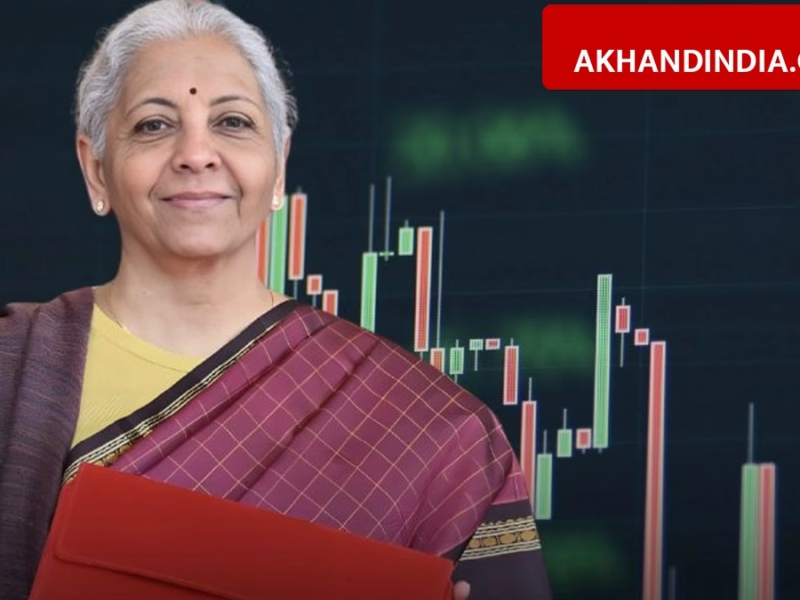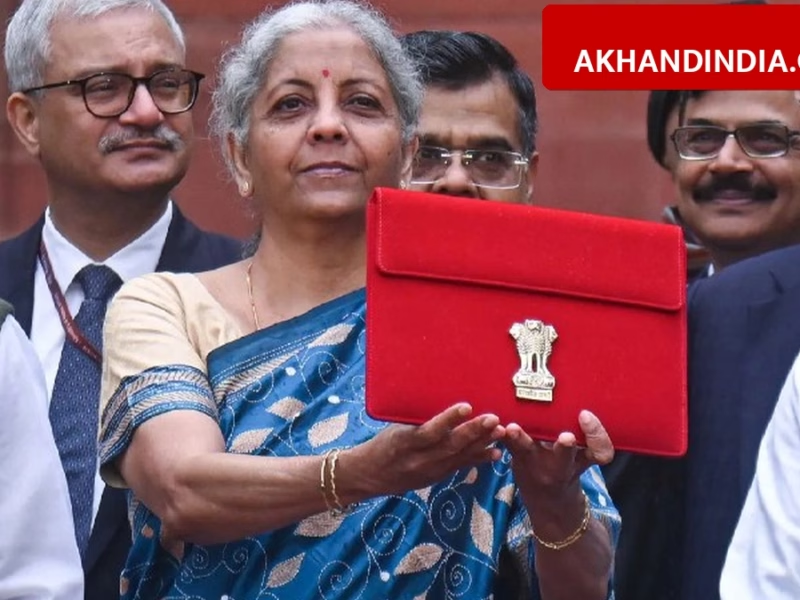- यूएई में फोटो शूट करने या वीडियो बनाने को लेकर सख्त हुई पुलिस
- बिना अनुमति या अधिकार के नहीं बना सकते है वीडियो
- दुर्घटना की वीडियो नहीं कर सकते पोस्ट
- नहीं तो हो सकती है जेल
- अधिकारियों की सहमति के बिना नहीं अपलोड कर सकते हैं सार्वजनिक स्थानों पर ली गयी वीडियो
- किसी की गोनियता भंग करने वाली वीडियो लेना भी होगा अपराध
- दुर्घटनाओं, घटनाओं या शादी के दौरान बिना अनुमति के फ़ोटो लेने या वीडियो शूट करने की बढ़ती प्रथा से चिंतित है UAE पुलिस
- कई बार वीडियो से दूसरों की गोपनीयता होती है भंग, यह कानून द्वारा है दंडनीय
- पुलिस अधिकारियों ने बिना सहमति के अन्य लोगों के चित्र या वीडियो प्रकाशित कर सोशल मीडिया का दुरुपयोग नहीं करने की दी है चेतावनी
- दुर्घटना वीडियो पोस्ट करना है एक अपराध है
Filming an accident scene or a crime in public places and posting it on social media without consent of authorities is a crime. When you take out your camera or phone to capture the beauty of a landscape or a public event for a perfect social media post next time, be careful. If there is an unwilling person on the background of your photo, that would land you in jail. Police authorities in the UAE have expressed their concerns over the increasing practice of taking photos or shooting videos of others without permission during accidents, events or wedding. Many people are not aware of the consequences of such practice, which is considered an invasion of others’ privacy that is punishable by law. Officials have warned young people of misusing social media by publishing pictures or videos of others without consent of the person or authorities.

A top official at the Ministry of Interior said that the police authorities across the country have received several complaints against people who took pictures and shot videos of others during various occasions and posted on social media platforms without their permission. Islam and the UAE law also criminalises all behaviours, which would breach the privacy of others, he added.
Posting accident video a crime
Brigadier Abdullah Mubarak bin Amer, deputy commander-general of the Sharjah Police, stated that filming an accident scene or a crime in public places and posting it on social media without consent of the authorities is a crime.
He added that the Sharjah Police and all the security services in the country have the means to access the source of the images and video clips published unlawfully on social media and would arrest those are found behind it to refer them to face strict legal measures. “There were several cases of persons involved in such practices, who were arrested and referred to the public prosecution,” he added.
He underlined that no one has the right to photograph a person without his knowledge and to publish it on social media. If the matter is connected to a crime or an incident, the video must be submitted to the police or the competent authorities for investigation.
Brigadier Ibrahim Musabah Al Ajill, director of the Criminal Investigations Department, said that the Sharjah Police are keen to enhance cooperation with the public and to involve them in establishing security. The police have provided the opportunity to people to supply videos or images to support investigation of an accident or a crime.

However, this does not mean that anybody can shoot pictures of a person or a vehicle on the road and publish it on social media without referring to the security authorities.
“The frequent mistake is to publish the images of traffic accidents or a crime without realising the consequences. A victim may appear in the pictures and do not want his photograph to be published on social media. Raising the level of community awareness in this regard is very important as the law does not protect those who are ignorant about it,” he stressed.
Brig Al Ajill said that the addiction of many people to social media makes them lose their focus on the nature of the content they publish on their social media accounts. It is legal for a person to take a picture of a landscape and publish it. But by coincidence, if a person appears in the image, he or she has the right to sue the publisher.
“Spreading awareness about avoiding invasion of privacy by publishing others’ pictures without prior permission is a community responsibility. Religious preachers, teachers and parents must teach the children the importance of respecting the privacy of others,” he added.









